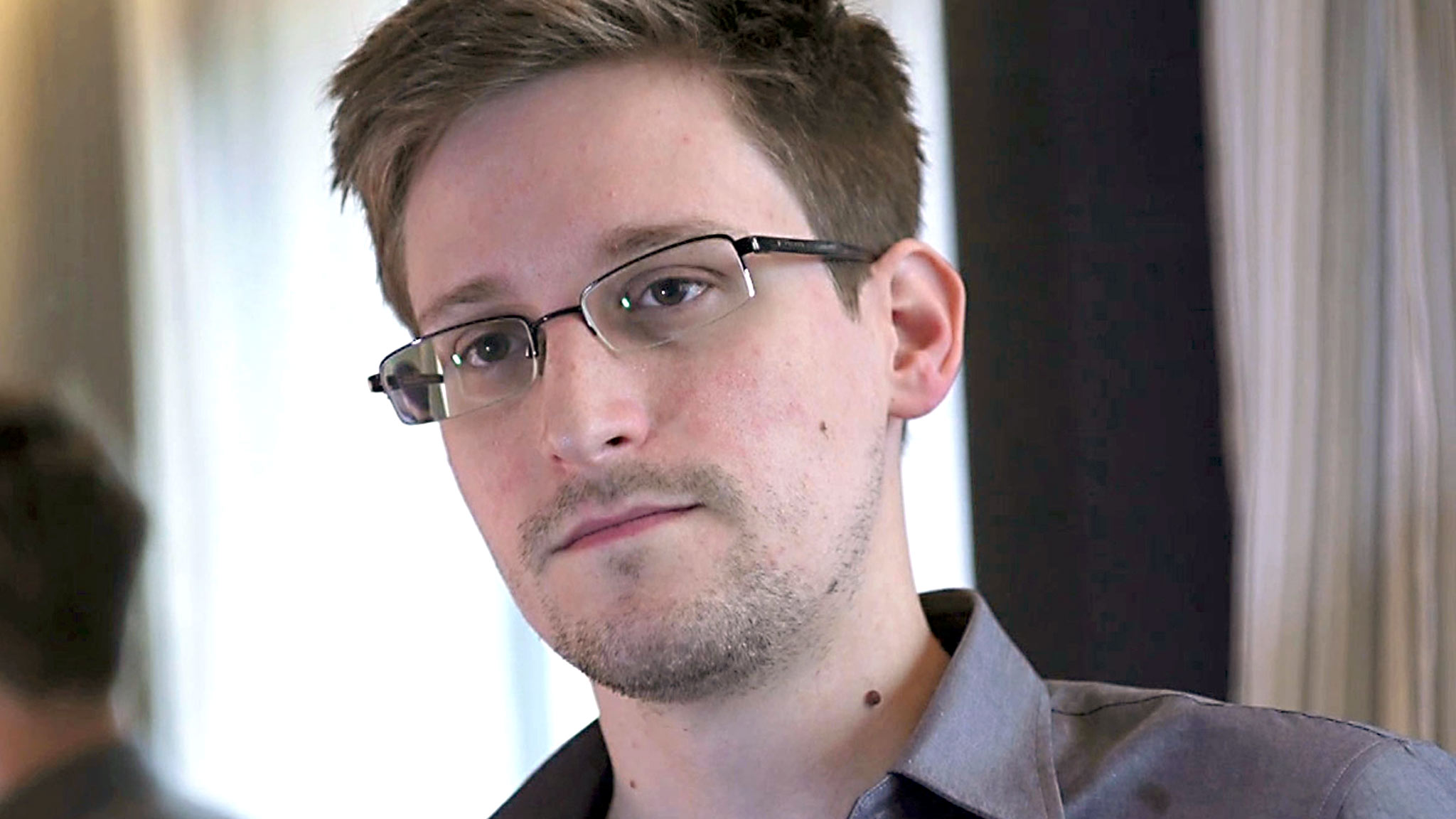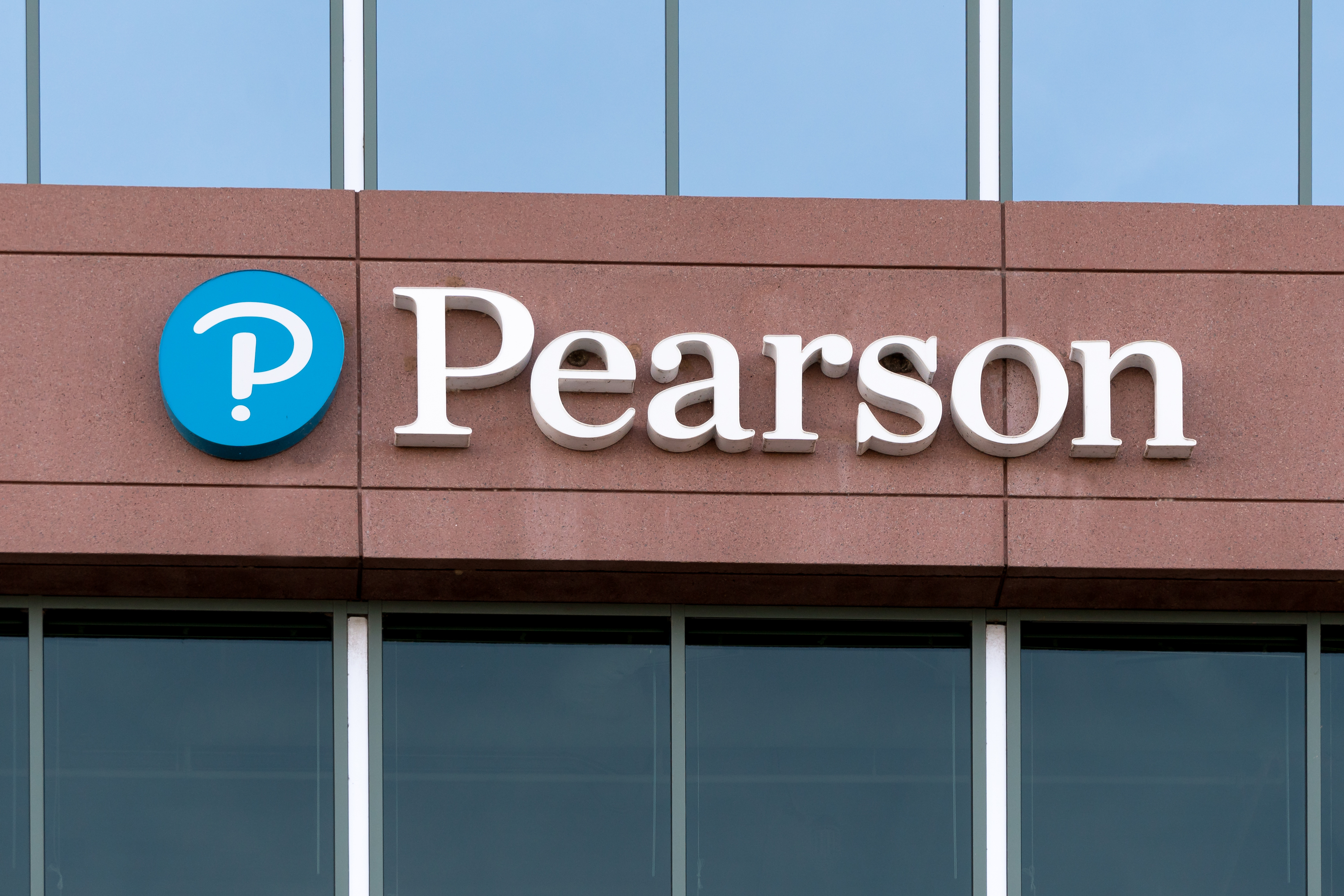Obama won't pardon Snowden
"I can't pardon someone who hasn't gone before a court and presented themselves," he said.


Despite Edward Snowden and his lawyers presenting a case for Barack Obama to free Edward Snowden of his charges for espionage, the House Select Committee has issued a letter to the President saying he should not be pardoned.
13 Republicans and nine Democrats argued that the crimes Snowden had committed were inexcusable and he should not be let off.
The announcement was made as Obama continues his tour of Europe. He was asked by German newspaper Der Spiegel whether the whistleblower would be pardoned.
"I can't pardon somebody who hasn't gone before a court and presented themselves, so that's not something that I would comment on at this point," President Obama said.
"I think that Mr Snowden raised some legitimate concerns. How he did it was something that did not follow the procedures and practices of our intelligence community. If everybody took the approach that I make my own decisions about these issues, then it would be very hard to have an organized government or any kind of national security system."
He went on to say that if Snowden were to appear in court, or his lawyers were to represent him in court, more of a consideration would be made to his plea.
"Until that time, what I've tried to suggest -- both to the American people, but also to the world -- is that we do have to balance this issue of privacy and security," Obama concluded.
Get the ITPro daily newsletter
Sign up today and you will receive a free copy of our Future Focus 2025 report - the leading guidance on AI, cybersecurity and other IT challenges as per 700+ senior executives
However, Noa Yachot, who leads the Pardon Snowden campaign objected to the President's refusal, explaining that he has the powers to pardon anyone he likes, rather than bowing to the arguments of the House Select Committee.
He referred to the case of Richard Nixon who was not even indicted before he was pardoned by Gerald Ford for offences against the United States.
"Nor had the thousands of men [been indicted] who had evaded the Vietnam War draft, who were pardoned unconditionally by Jimmy Carter on his first day in office."
14/09/2016: Snowden supporters beg Obama for pardon
US President Barack Obama is being pressured to pardon whistleblower Edward Snowden at the end of his term in office.
American politicians often issue pardons as they prepare to exit office, and Snowden supporters Amnesty International and the American Civil Liberties Union (ACLU) are hoping to include the NSA whistleblower on that list.
The campaigners are running a petition to show support for the idea on a Pardon Snowden website, with the aim of letting him return home to the US from Russia, where he's lived for three years in fear of criminal action against him for leaking details of the NSA's mass surveillance.
"Thanks to his act of conscience, America's surveillance programs have been subjected to democratic scrutiny, the NSA's surveillance powers were reined in for the first time in decades, and technology companies around the world are newly invigorated to protect their customers and strengthen our communications infrastructure," the site states.
"Snowden should be hailed as a hero," the site continues. "Instead, he is exiled in Moscow and faces decades in prison under World War One-era charges that treat him like a spy. Ed stood up for us, and it's time for us to stand up for him."
It doesn't look likely the US administration will respond favourably, as a previous petition with hundreds of thousands of signatures was duly ignored by the government.
This week, White House spokesman John Earnest suggested at a press conference Q&A that Obama hasn't changed his mind on refusing a pardon.
"The President has been asked this several times over the last couple of years, and I think the President has been pretty consistent in answering this question," Earnest replied in response to a question about a pardon. "The first is that Mr Snowden has been charged with serious crimes, and it's the policy of the administration that Mr Snowden should return to the United States and face those charges. He, of course, will be afforded due process, and there are mechanisms in our criminal justice system to ensure that he's treated fairly and consistent with the law. And that's what the President believes.
Earnest pointed out that pardons apply to someone convicted of a crime, while Snowden has been merely charged with them.
"And it's the view of the administration and certainly the view of the President that he should return to the United States and face those charges, even as he enjoys the protection of due process and other rights that are afforded to American citizens who are charged with serious crimes," the spokesman continued.
The debate around Snowden has been reignited by a film about the whistleblower by Oliver Stone, but expect the pardon question to continue until Obama leaves office.
Freelance journalist Nicole Kobie first started writing for ITPro in 2007, with bylines in New Scientist, Wired, PC Pro and many more.
Nicole the author of a book about the history of technology, The Long History of the Future.
-
 Bigger salaries, more burnout: Is the CISO role in crisis?
Bigger salaries, more burnout: Is the CISO role in crisis?In-depth CISOs are more stressed than ever before – but why is this and what can be done?
By Kate O'Flaherty Published
-
 Cheap cyber crime kits can be bought on the dark web for less than $25
Cheap cyber crime kits can be bought on the dark web for less than $25News Research from NordVPN shows phishing kits are now widely available on the dark web and via messaging apps like Telegram, and are often selling for less than $25.
By Emma Woollacott Published
-
 Capita tells pension provider to 'assume' nearly 500,000 customers' data stolen
Capita tells pension provider to 'assume' nearly 500,000 customers' data stolenCapita told the pension provider to “work on the assumption” that data had been stolen
By Ross Kelly Published
-
 Gumtree site code made personal data of users and sellers publicly accessible
Gumtree site code made personal data of users and sellers publicly accessibleNews Anyone could scan the website's HTML code to reveal personal information belonging to users of the popular second-hand classified adverts website
By Connor Jones Published
-
 Pizza chain exposed 100,000 employees' Social Security numbers
Pizza chain exposed 100,000 employees' Social Security numbersNews Former and current staff at California Pizza Kitchen potentially burned by hackers
By Danny Bradbury Published
-
 83% of critical infrastructure companies have experienced breaches in the last three years
83% of critical infrastructure companies have experienced breaches in the last three yearsNews Survey finds security practices are weak if not non-existent in critical firms
By Rene Millman Published
-
 Identity Automation launches credential breach monitoring service
Identity Automation launches credential breach monitoring serviceNews New monitoring solution adds to the firm’s flagship RapidIdentity platform
By Praharsha Anand Published
-
 Neiman Marcus data breach hits 4.6 million customers
Neiman Marcus data breach hits 4.6 million customersNews The breach took place last year, but details have only now come to light
By Rene Millman Published
-
 Indiana notifies 750,000 after COVID-19 tracing data accessed
Indiana notifies 750,000 after COVID-19 tracing data accessedNews The state is following up to ensure no information was transferred to bad actors
By Rene Millman Published
-
 Pearson fined $1 million for downplaying severity of 2018 breach
Pearson fined $1 million for downplaying severity of 2018 breachNews The SEC found the London-based firm made “misleading statements and omissions” about the intrusion
By Rene Millman Published